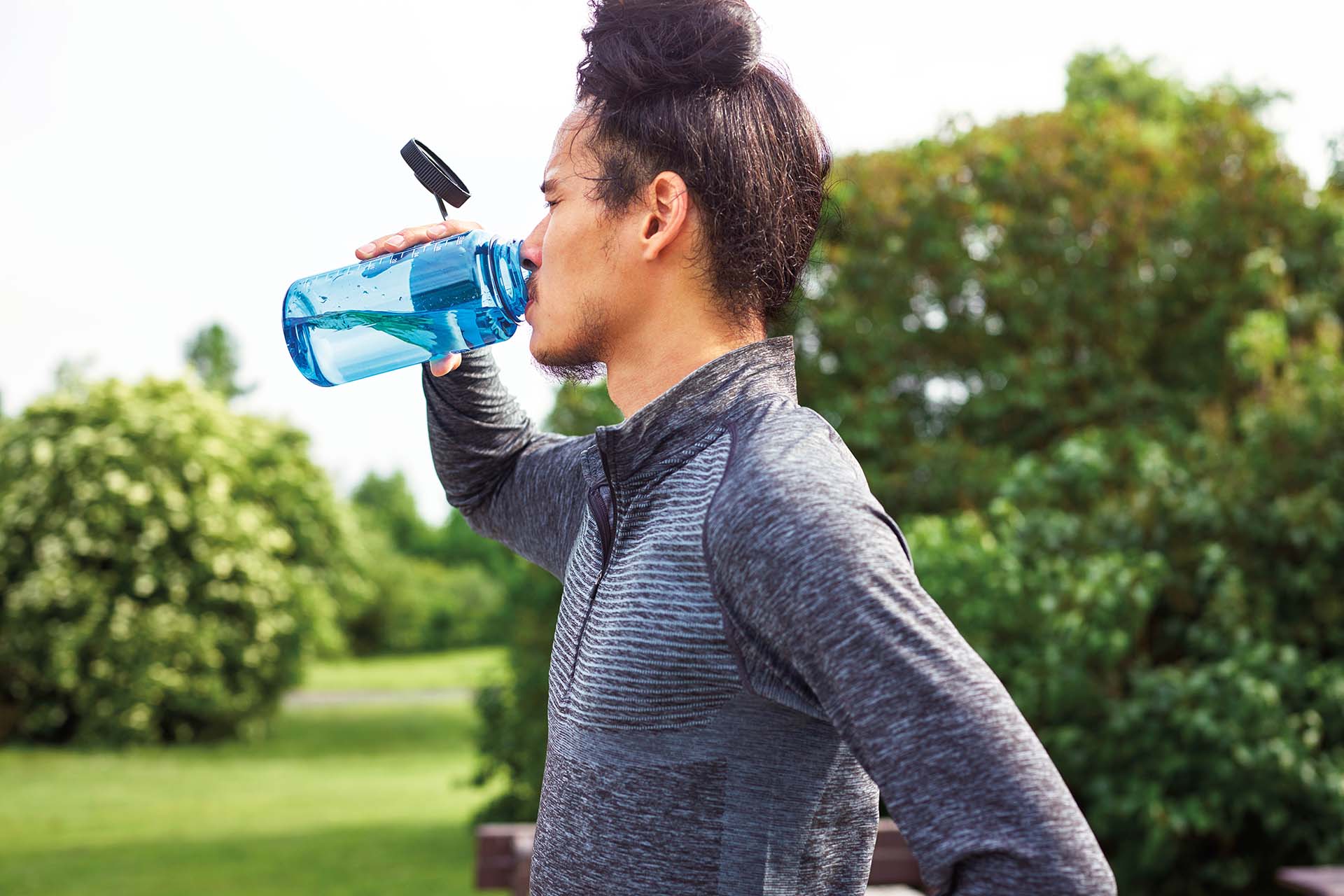As a cardiologist in the Central Valley, Malini Nadadur, MD, sees first-hand the connection between extreme heart and cardiac events. “The temperatures are much hotter here because we’re inland,” she said. “That can really up the effects of cardiovascular risk on our patients.”
Kaiser Permanente cardiac care specialists treat a broad range of heart conditions, frequently performing life-saving procedures for our patients. Read on to learn more on the topic, including self-care.
Who is most susceptible to extreme heat, and why?
With summer underway, experts are predicting hotter than normal temperatures across most of the country. According to the Environmental Protection Agency, the interaction between heat and cardiovascular disease contributes to about a quarter of heat-related deaths. Those with pre-existing conditions, such as cardiovascular disease or a prior heart attack, are most at risk because their bodies’ reserve is less.
What is the body’s response?
The body sheds heat in 2 major ways: radiation and evaporation. On hot days, your body has to work harder to regulate temperature, which puts a bigger burden on your cardiovascular system. The most common result is heat exhaustion or heat stroke, but the more extreme cases are heart attacks, heart arrhythmias (irregular heart rhythm), or heart failure.
Those with cardiovascular disorders may have medications such as beta blockers and diuretics that potentially hinder that ability to effectively manage heat.
How hot is too hot?
There is no exact temperature because it depends on many factors. If you feel overly hot, your body is telling you to get out of the heat. That said, during prolonged days of extreme heat, more people are admitted to the hospitals with heart attacks and other cardiovascular conditions.
How should we head off a heat and heart health crisis?
First, always listen to your body. If it says you are hot, you need to take action. Be aware how long you are in the heat and how much you are exerting yourself.
- Keep your temperature low by getting out of the sunlight and somewhere cool. Lower your temperature with cool showers or baths.
- Stay hydrated. Once you start feeling the heat, drink an 8-ounce glass of water every 20 minutes. If you are thirsty, that’s your body signaling that you are already becoming dehydrated, and that strains your cardiovascular system. Avoid alcohol or drinks with excessive amounts of caffeine or sugar.
- Dress in light-colored and loose-fitting clothing. Wear a hat, sunglasses, and sunscreen when outdoors.
- Watch the symptoms of heat stress. The first is typically a headache. Watch also for dry mouth, dizziness, decreased urine, fatigue, confusion, and heart palpitations. Chest pain is the sign of a heart attack.
- If you’re having these symptoms and things don’t feel right, be proactive in seeking medical help immediately.
How can we exercise in spells of extreme heat?
You can still stay fit when temperatures rise. Examples include setting up an air-conditioned home gym, swimming indoors or outdoors with a sun covering, or walking in an indoor mall or a superstore. The more you know and listen to your body, the more confident you can feel in staying healthy in the heat.





This Post Has 0 Comments